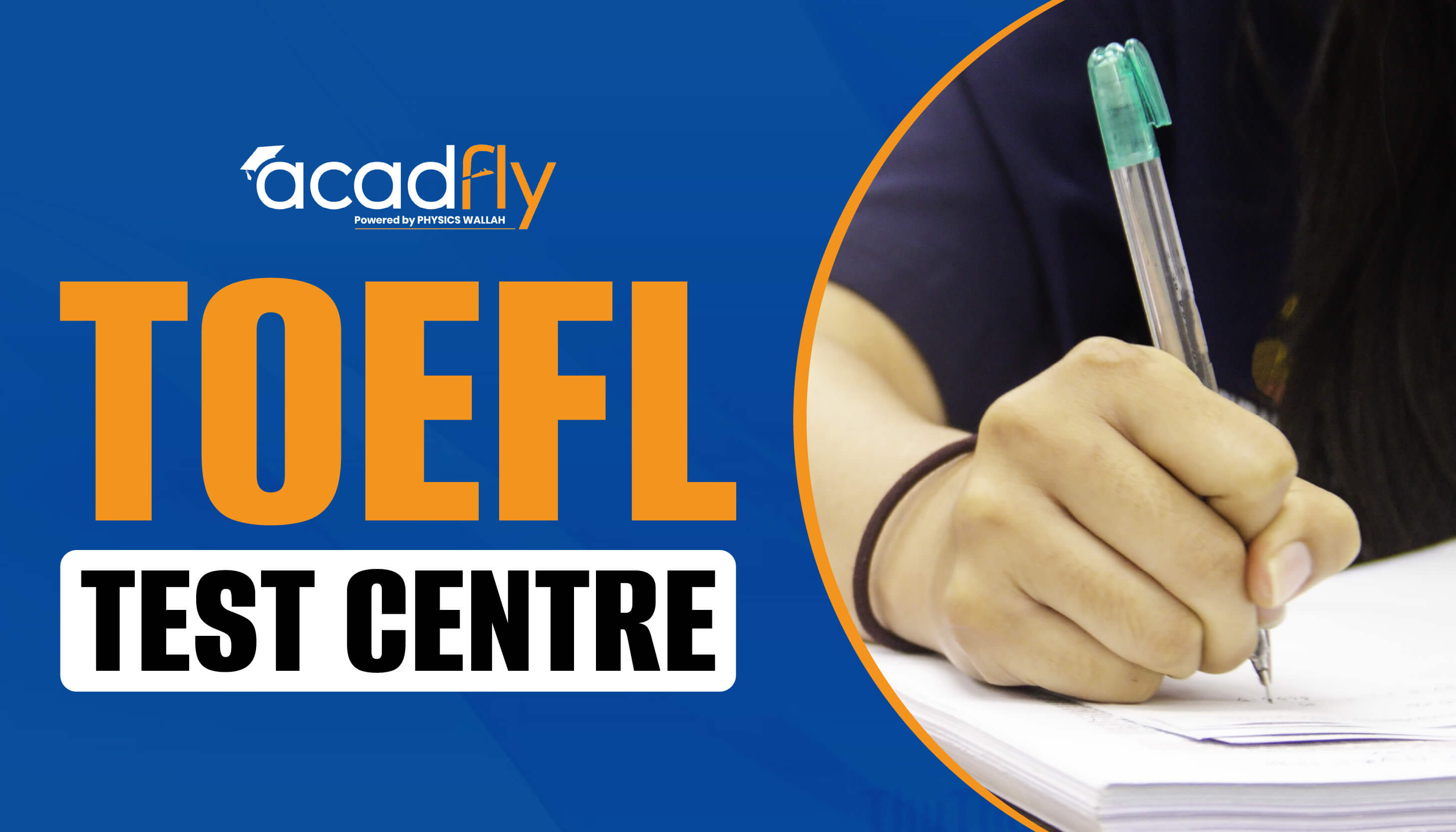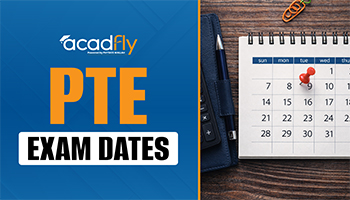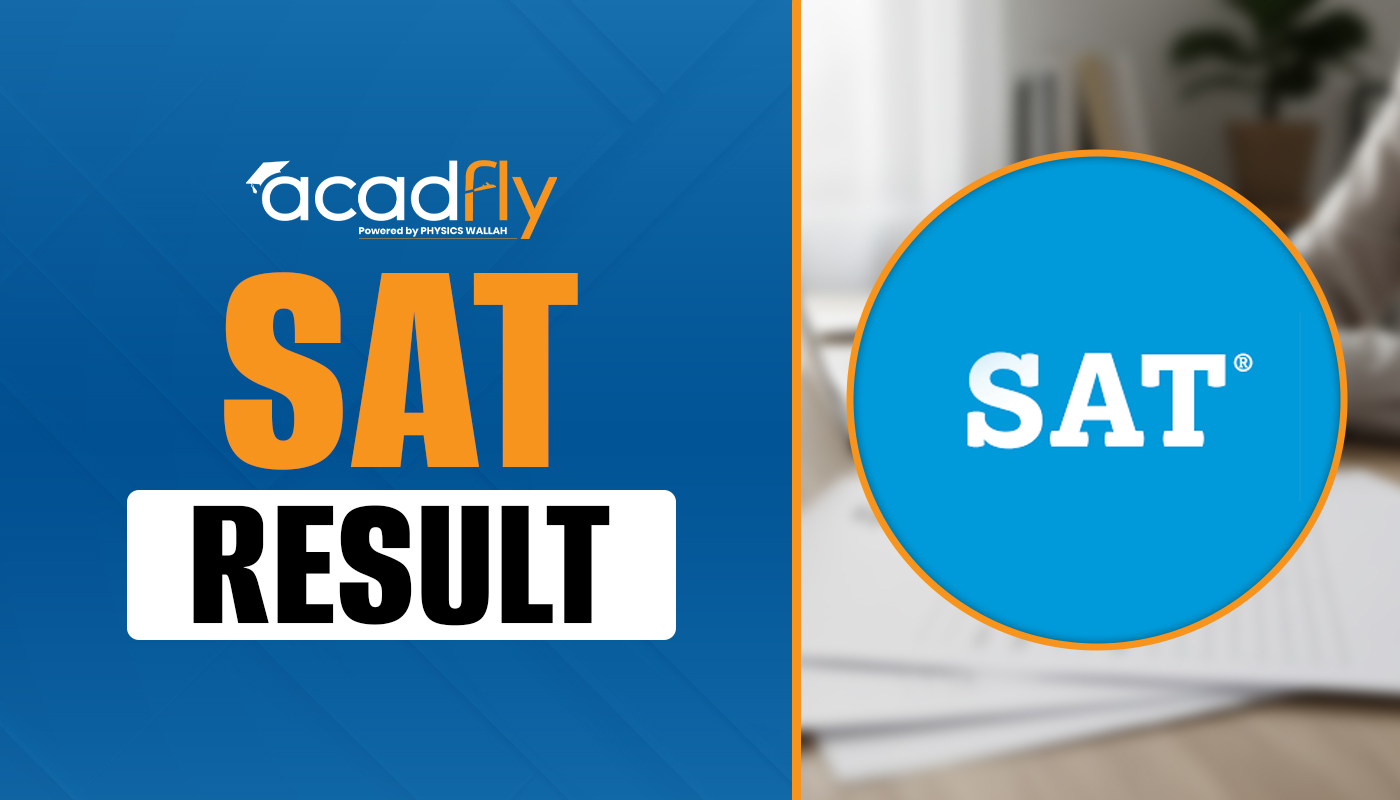GRE Analytical Writing, GRE Verbal Reasoning, and GRE Quantitative Reasoning comprise the three sections of the GRE system. The GRE syllabus tests students' crucial thinking, analytical writing, verbal reasoning, and quantitative reasoning abilities, all of which are necessary for success in higher education.
Students must be eligible to take the Graduate Record Examinations (GRE) and achieve high grades to pursue graduate courses abroad. Students must, first and foremost, be familiar with the most recent GRE syllabus to accomplish this. ETS recently modified the GRE 2025 syllabus, removing certain sections to make the test shorter than before.
GRE Syllabus 2025 Key Highlights
Effective preparation for the GRE in 2025 requires an understanding of the syllabus. A summary of the main elements of the GRE General Test 2025, such as the exam's parts, subject categories, and time allowed, is given in the table below.
|
GRE Syllabus 2025 Key Highlights |
|
|
GRE Exam Details |
Information |
|
Exam Name |
GRE |
|
GRE Full Form |
Graduate Record Examinations |
|
Official Website |
ETS GRE |
|
Most Commonly Used For |
MS programs in the USA |
|
Also Recognised For |
MBA programs abroad |
|
Conducted Body |
ETS (Educational Testing Service) |
|
GRE Exam Syllabus Sections |
|
|
Exam Mode |
|
|
GRE Exam Fees |
|
|
GRE Validity |
5 Years |
|
Score Range |
|
|
GRE Contact |
+91-1244517127 or 000-800-100-4072 (Monday–Friday, 9 a.m. to 5 p.m. IST) |
What is GRE Exam?
International students pursuing postgraduate studies at international universities are assessed on their academic and practical skills using the GRE, an international entrance exam. The exam pattern evaluates problem-solving skills in addition to critical and abstract thinking.
GRE scores are accepted for admission to courses at several educational institutions in countries like the USA, Canada, and Australia. It's important to remember that UK universities do not require the GRE. Before taking the exam, students should confirm the requirements of the university they want to attend, as some have made these scores optional.
GRE Exam Pattern
It's important to understand the GRE Exam Pattern. The three main components of the GRE syllabus are quantitative reasoning, verbal reasoning, and analytical writing. The computer-based GRE lasts 1 hour and 58 minutes.
|
GRE Exam Pattern |
||||
|
Section |
Total Questions |
Types of Questions |
Score Range |
Duration |
|
GRE Verbal Reasoning |
Section 1: 12 questions Section 2: 15 questions |
Reading Comprehension Text Completion Sentence Equivalence |
130-170 (in 1-point increment)
|
Section 1: 18 minutes Section 2: 23 minutes |
|
GRE Quantitative Reasoning |
Section 1: 12 questions Section 2: 15 questions |
Geometry Algebra Arithmetic Data Analysis |
130-170 (in 1-point increment) |
Section 1: 21 minutes Section 2: 26 minutes |
|
Analytical Writing Assessment (AWA) |
1 |
Analyzing an Issue
|
0-6 (in 0.5-point increment) |
30 minutes |
|
Total |
54 MCQs 1 Descriptive |
– |
260-340 |
1 hours 58 minutes |
GRE Question Types
According to the updated GRE design and syllabus, the entire exam is divided into three sections. Together with the GRE pattern total scores, let's examine every part for a better understanding. These come in the following different kinds:
-
Analytical Writing
-
Quantitative Analysis
-
Reasoning with Words
GRE Exam Syllabus - Verbal Reasoning Section
Students' abilities to analyze and draw conclusions from discussions, reason from incomplete data, identify the author's assumptions and perspective, select important points, distinguish major from minor or relevant points, summarize passage, understand text structure, understand word meanings, understand sentences and entire texts, and try to understand the relationship between words and concepts are all measured in the verbal reasoning section. GRE Verbal Syllabus:
-
Reading Comprehension
Students must answer questions about passages based on several areas, such as the natural sciences, the humanities, and so on, in order to pass the reading comprehension portion. The exam includes several sections, and before answering the questions, students must carefully read and consider each section. It concerns your understanding of the passage and your ability to provide accurate answers.
-
Sentence Equivalence
Students must select two options for finishing sentences that have the same meaning and are grammatically correct in order to pass this question, which exams their ability to complete paragraphs based on incomplete information.
-
Text Completion
The ability to create a complete image from the provided passage is the main focus of this section. The student's knowledge of the vocabulary is evaluated by both passage completion and sentence comparability.
GRE Exam Syllabus - Quantitative Reasoning Section
The objective of the quantitative reasoning section is to assess the student's understanding, interpretation, and analysis of quantitative data, problem-solving using mathematical formula, and application of mathematical skills and other fundamental mathematical concepts, such as algebra, geometry, statistics, and arithmetic. Topic List for the GRE Quant Section
|
Ouantative Reasoning Section |
|
|
Topics of GRE Quant Syllabus |
Sub-topics of GRE Quant Syllabus |
|
Arithmetic |
Property and Types of Integers |
|
Powers and Roots |
|
|
Statistics |
|
|
Estimation |
|
|
Number Properties |
|
|
Percentage |
|
|
Exponents and Roots |
|
|
Ratios and Proportions |
|
|
Simple and Compound Interest |
|
|
Arithmetic Operations |
|
|
Geometry |
Lines and Angles |
|
Circles |
|
|
Triangles |
|
|
Quadrilaterals |
|
|
Polygons |
|
|
Three-Dimensional Figures |
|
|
Area, Perimeter, Volume |
|
|
Angle Measurements |
|
|
Data Analysis |
Descriptive Statistics (Median, Mean, Range, Mode, Percentiles) |
|
Data Interpretation (Graphs, Circle Graphs, Scatter Plots) |
|
|
Probability |
|
|
Permutations and Combinations |
|
|
Venn Diagrams |
|
|
Set Theory |
|
|
Algebra |
Exponents |
|
Algebraic Expressions (Factoring and Simplifying) |
|
|
Equations and Inequalities |
|
|
Linear and Quadratic Inequalities |
|
|
Linear Equations |
|
|
Quadratic Equations |
|
|
Word Problems |
|
|
Speed, Distance, and Time |
|
|
Profit and Loss |
|
|
Coordinate Geometry |
|
GRE Exam Syllabus - Analytical Writing
The following skills are assessed on the GRE Analytical Writing:
-
Clear and efficient expression of difficult concepts.
-
Provides examples, relevant explanations, and support for concepts.
-
Keeps the conversation focused and cohesive.
-
Helps in maintaining control over aspects of standard written English.
The section's only responsibility is to analyse a problem. Assignments include several topics, from the social and physical sciences to the fine arts and humanities, but no particular subject knowledge is needed.
How to prepare for your GRE test?
It may seem impossible to prepare for the GRE (Graduate Record Examination), but you may do well on the exam if you have a well-planned study schedule. The following actions can help you get ready for the GRE:
Learn about the exam's structure and format
This information is important for organising your study time and areas of concentration. Verbal Reasoning, Quantitative Reasoning, and Analytical Writing are the three components of the GRE. Every section has a set format and time limits.
Take a diagnostic test
You can develop a customised study plan and gain knowledge of your strengths and weaknesses with the help of a diagnostic exam. A free online diagnostic exam is offered by ETS, the company that administers the GRE.
Create a study schedule
Make a study schedule that works for you after you've discovered your strengths and weaknesses. Decide on a goal score, set up time, and concentrate on your areas of weakness.
Regularly study
The secret to success is consistency. Make a study schedule and follow it. You can use several study tools, such as practice exams, online resources, and textbooks.
Practice with real GRE questions
Use official GRE practice materials, such as the Official Guide to the GRE updated General Test, which contains full-length practice exams and real GRE questions, to get familiar with the real GRE questions.
Take practice exams
You may evaluate your development, improve confidence, and create test-taking techniques by taking practice exams. You can buy GRE preparation books that include practice exams or take free online practice exams.
Review your mistakes
Review the mistakes you made to find the reasons behind them. This will help you in avoiding future blunders of this nature.
Get ready to Study Abroad
Studying abroad may be possible with AcadFly, a complete global education option. One of the top 35 US and UK universities was enrolled in or admitted using AcadFly. AcadFly offers a one-stop solution for all you need to do to plan, research, shortlist, and start your trip to study abroad, among other things.
Frequently Asked Questions
What topics are covered in the GRE Analytical Writing section?
What should I study for the GRE Verbal Reasoning section?
How can I prepare for the GRE Quantitative Reasoning section?
What resources are available for GRE preparation?
How important is the GRE syllabus for students?









